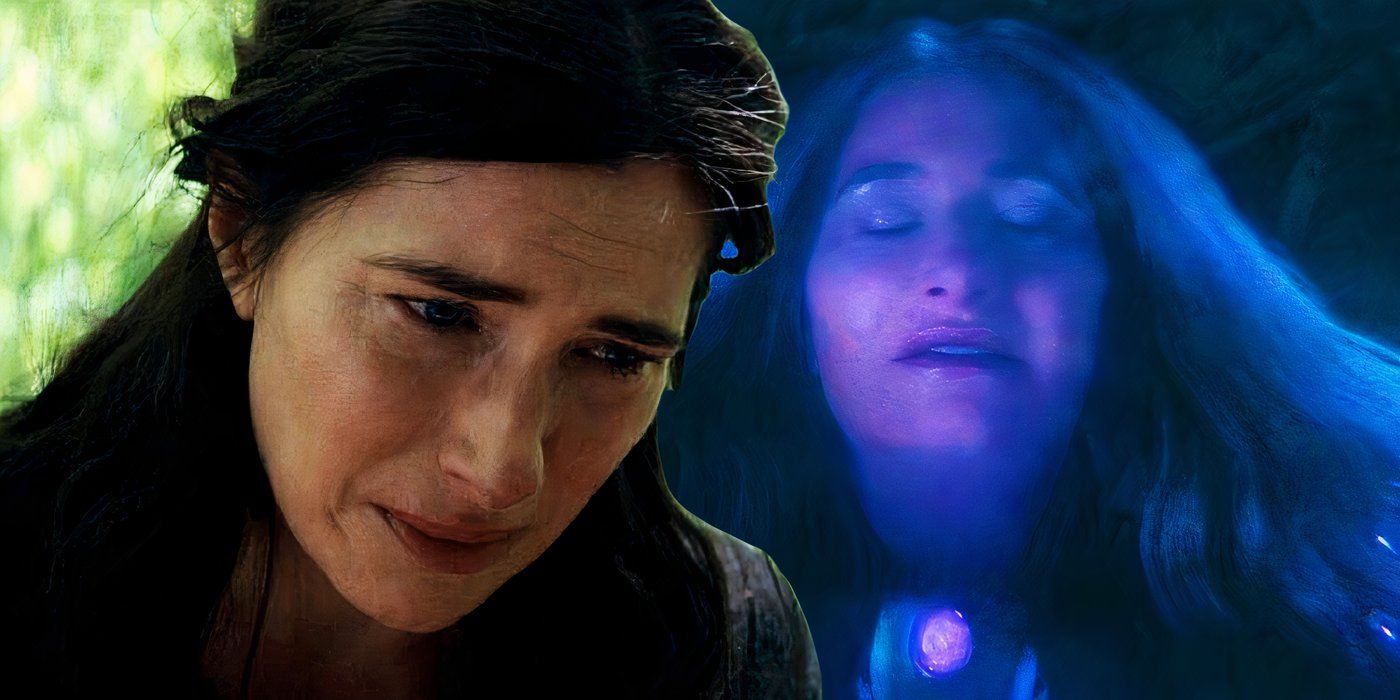
Agatha All Along ended differently from other MCU shows, and I now love it even more after Kathryn Hahn’s explanation. Agatha All Along has received widespread acclaim after delivering one of the most unique and touching stories in the MCU. The ending of Agatha All Along humanized Agatha without completely reforming her, allowing her to continue as one of the MCU’s most complex and morally gray characters. While Agatha still seems pretty remorseless about the countless deaths she caused over her long life, I find it difficult to despise her after the flashback sequence of Agatha All Along episode 9.
The ending finally elaborated on Agatha’s past and her loving relationship with her son, Nicholas Scratch, after several episodes hinting at a nefarious exchange of his life for the Darkhold. The truth was far more heartbreaking: Agatha dotes on her son from infancy after having implored Rio Vidal/Death to stave off taking his life at birth in exchange for the lives of countless witches, culminating in his death at age six. It was a tragic backstory that felt unusually placed at the very end of the series, but I think Kathryn Hahn is right to be proud.
How Agatha All Along’s Ending Is Different To Other Marvel Shows Explained
The Agatha All Along Finale Subverted The Status Quo
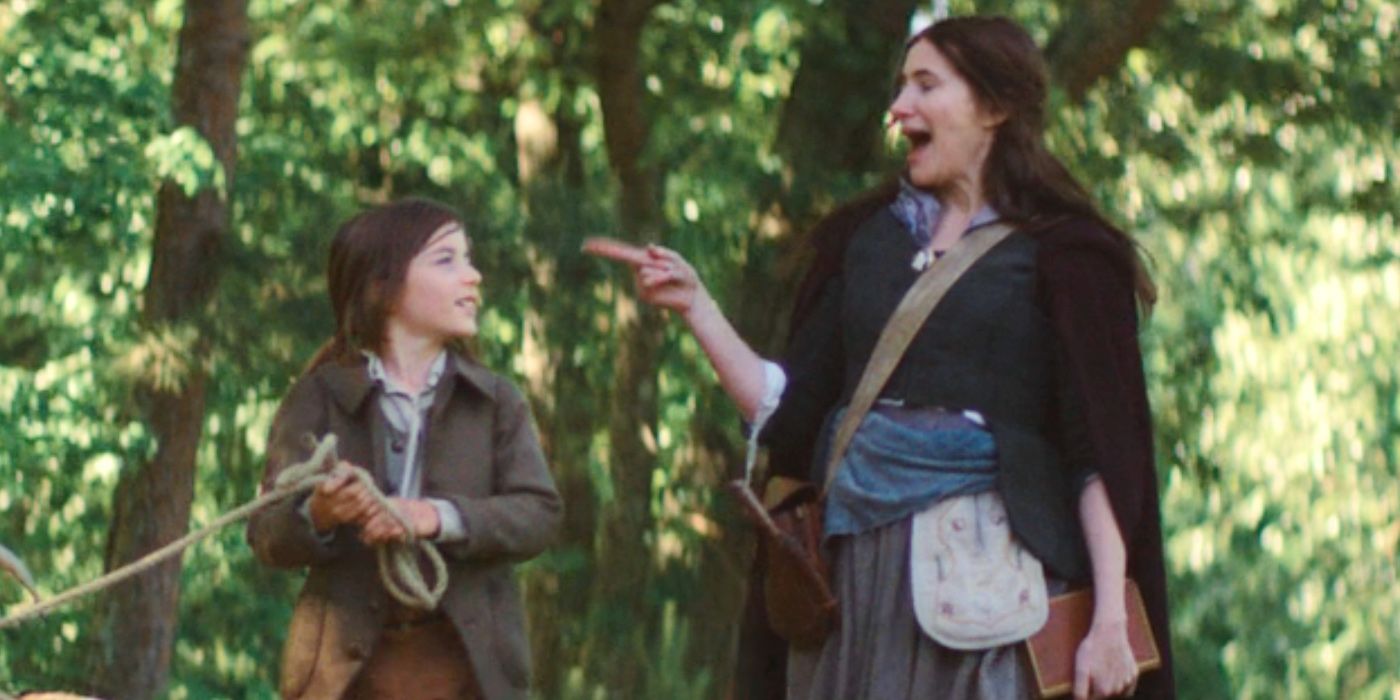
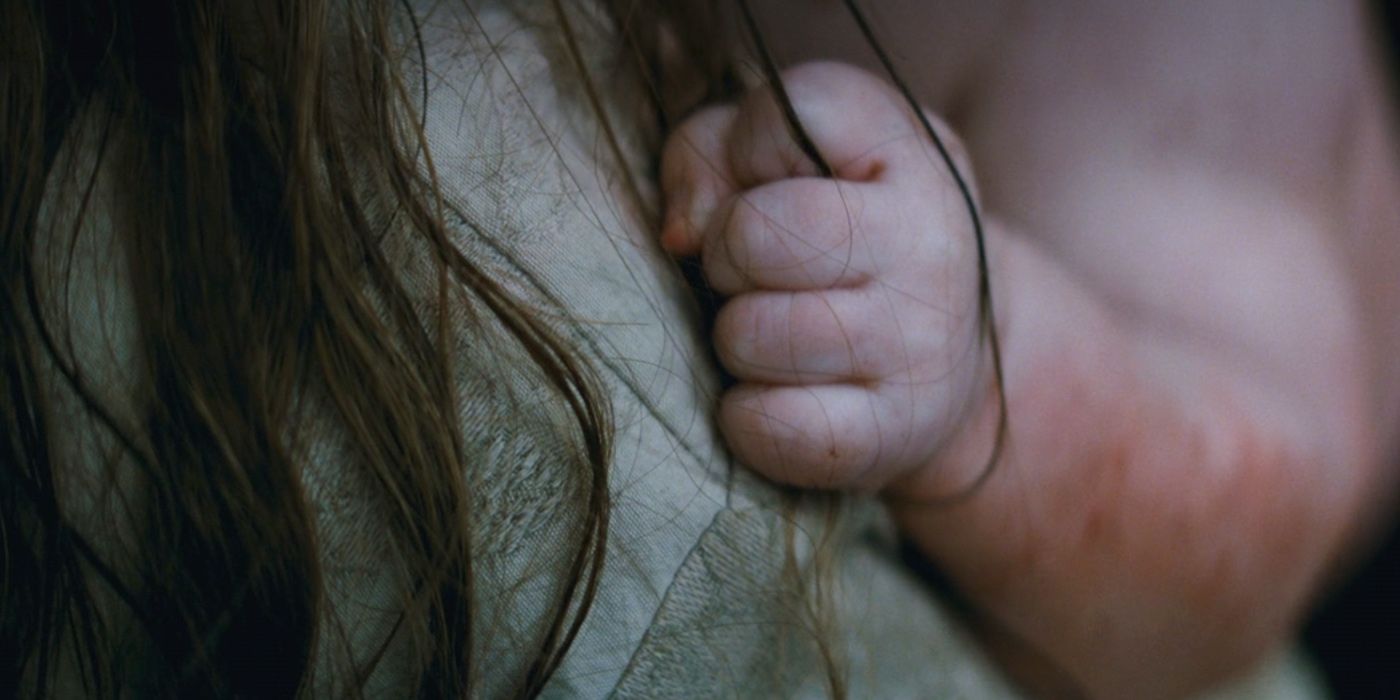
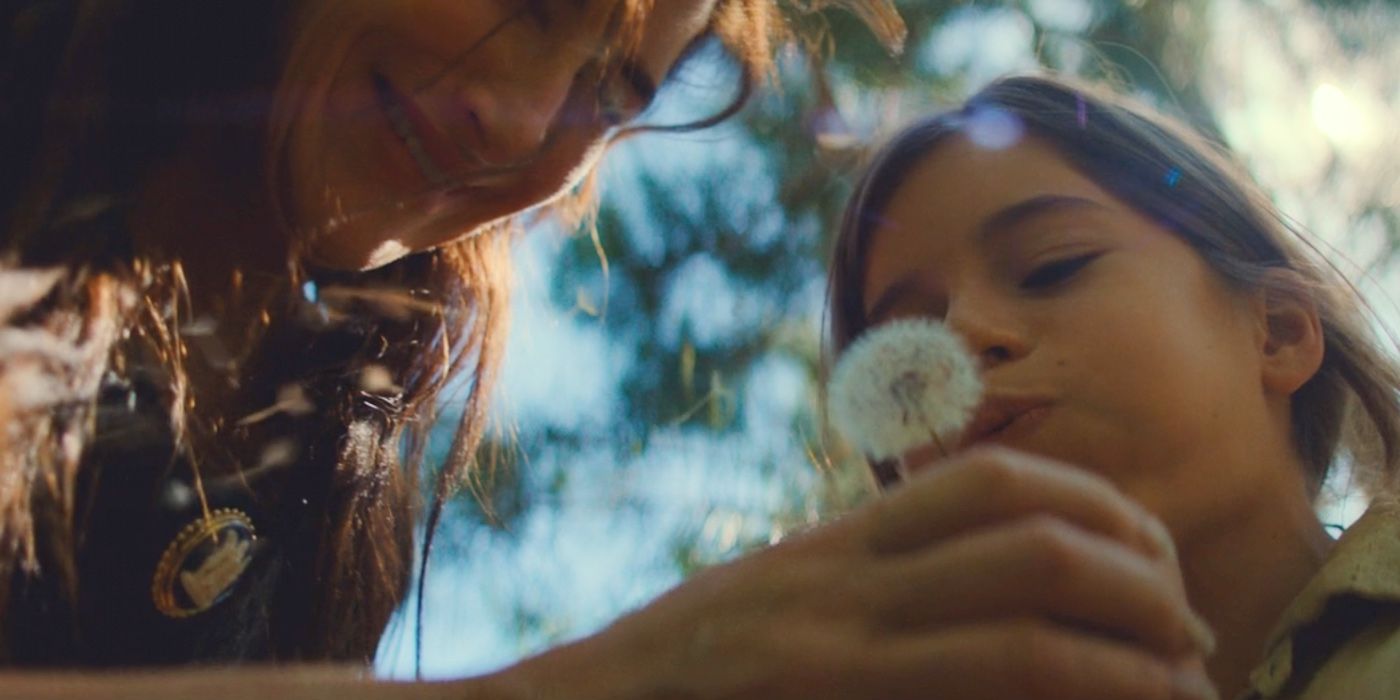
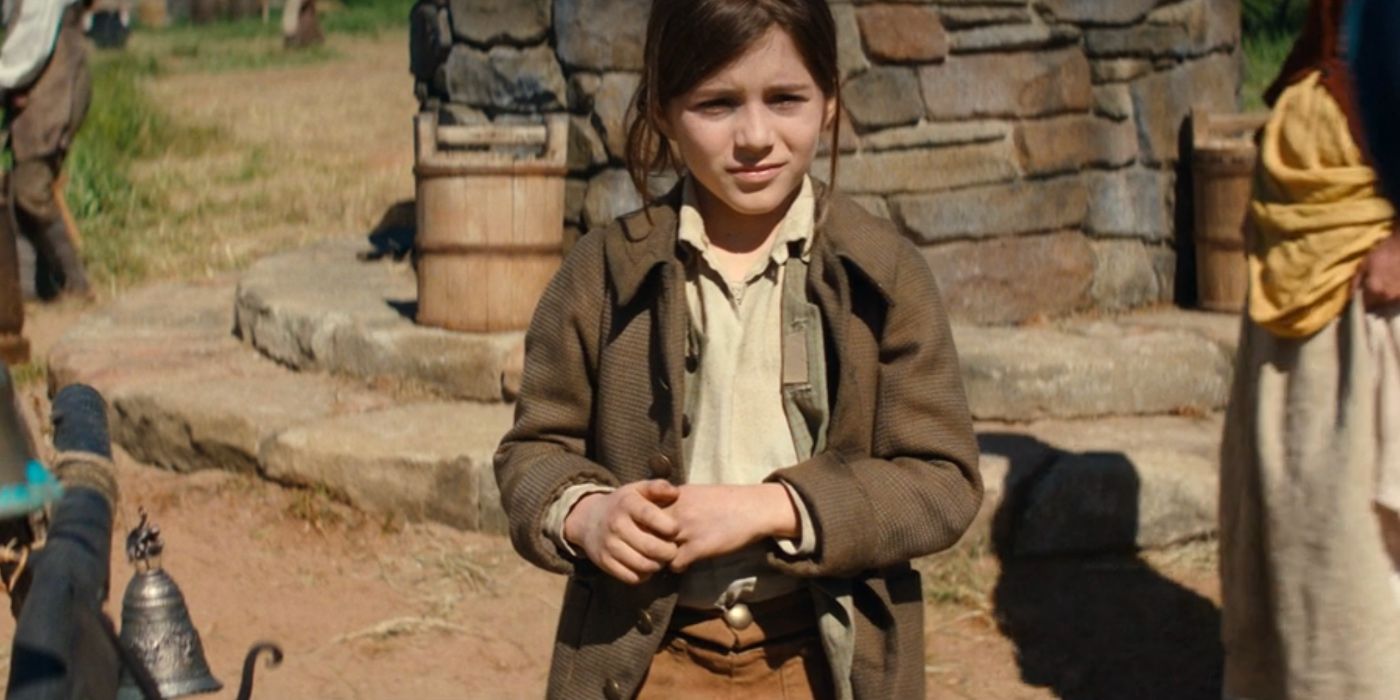
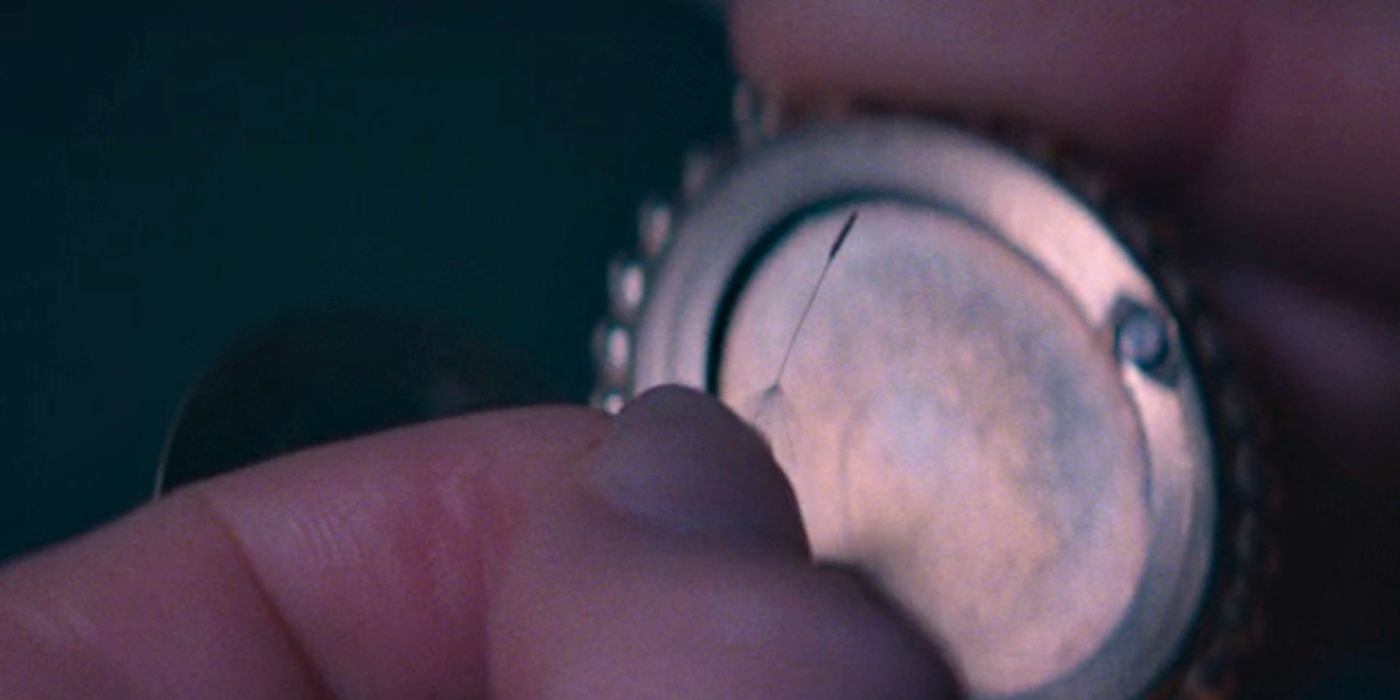





Agatha All Along episode 9 felt more like an epilogue than a finale. Agatha All Along episode 8 bears more finale hallmarks, with a final battle against an arch-villain followed by a few minutes tying up loose threads and reflecting – but it was actually the penultimate episode. The reflective period was instead given the space of an entire, much slower finale. This finale shed light on Agatha’s actions, forcing the audience to retrospectively contextualize them after her death. Kathryn Hahn recently spoke to LA Times about the subversive ending to the show, stating:
“But I do know how proud we are of it and how subversive and radical it felt to have an ending, especially a big Marvel show, be that small and tender and have this little beating heart,”
Series showrunner Jac Schaeffer also commented recently on how she was able to pull off this unusually toned-down ending in an interview with The Direct. She stated that the episode was necessitated by Billy Maximoff’s line “Is this how Nicky died?“, leaving a question hanging that needed to be answered. The decision allowed Agatha All Along to remain respectably unique until the very end, which is quite an achievement for a franchise that has a long history of following a familiar formula.
Agatha All Along Actually Pulled Off A Different Kind Of Marvel Ending
It Is Rare For An MCU Show To End Without A Huge Set Piece
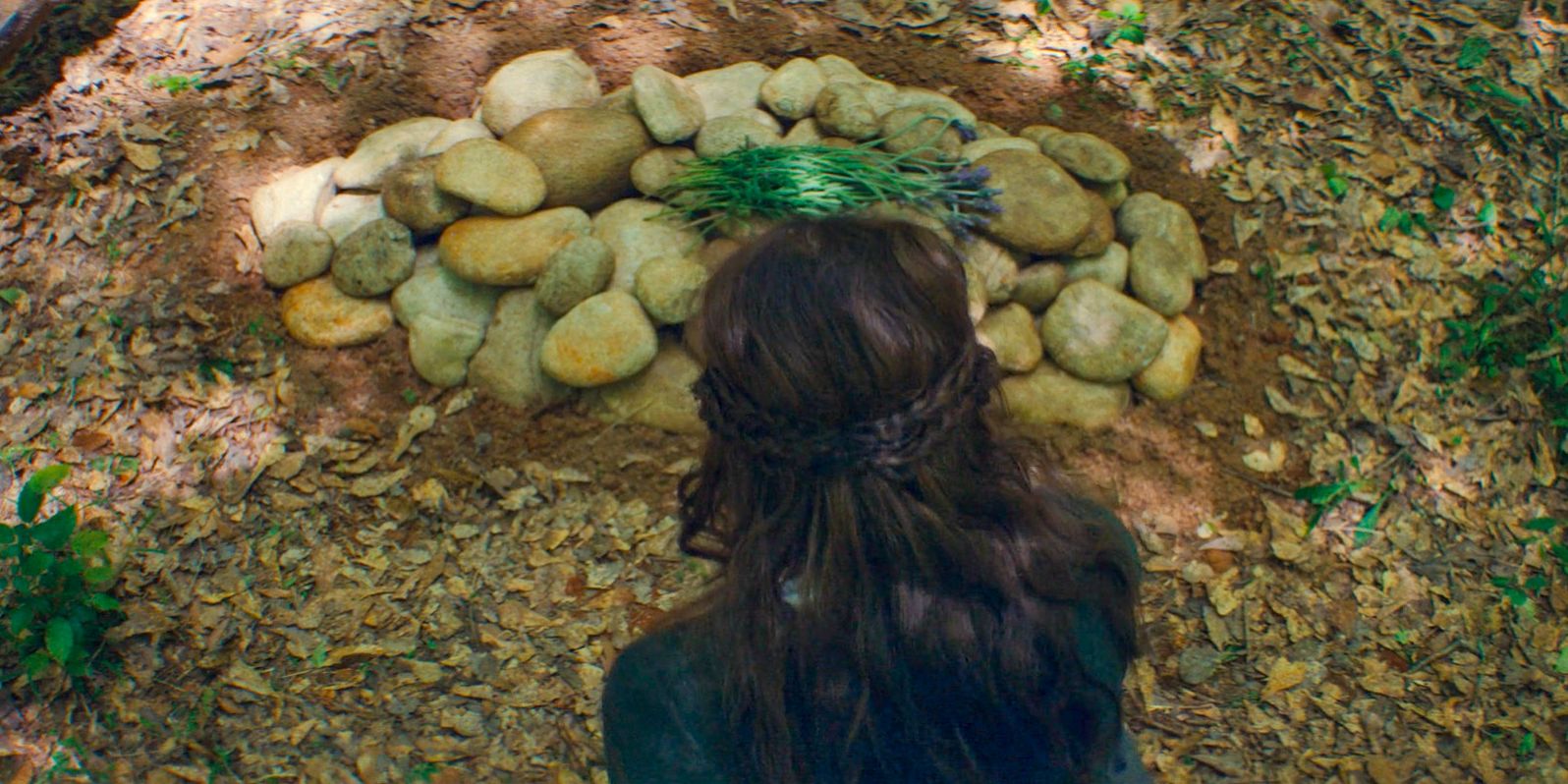
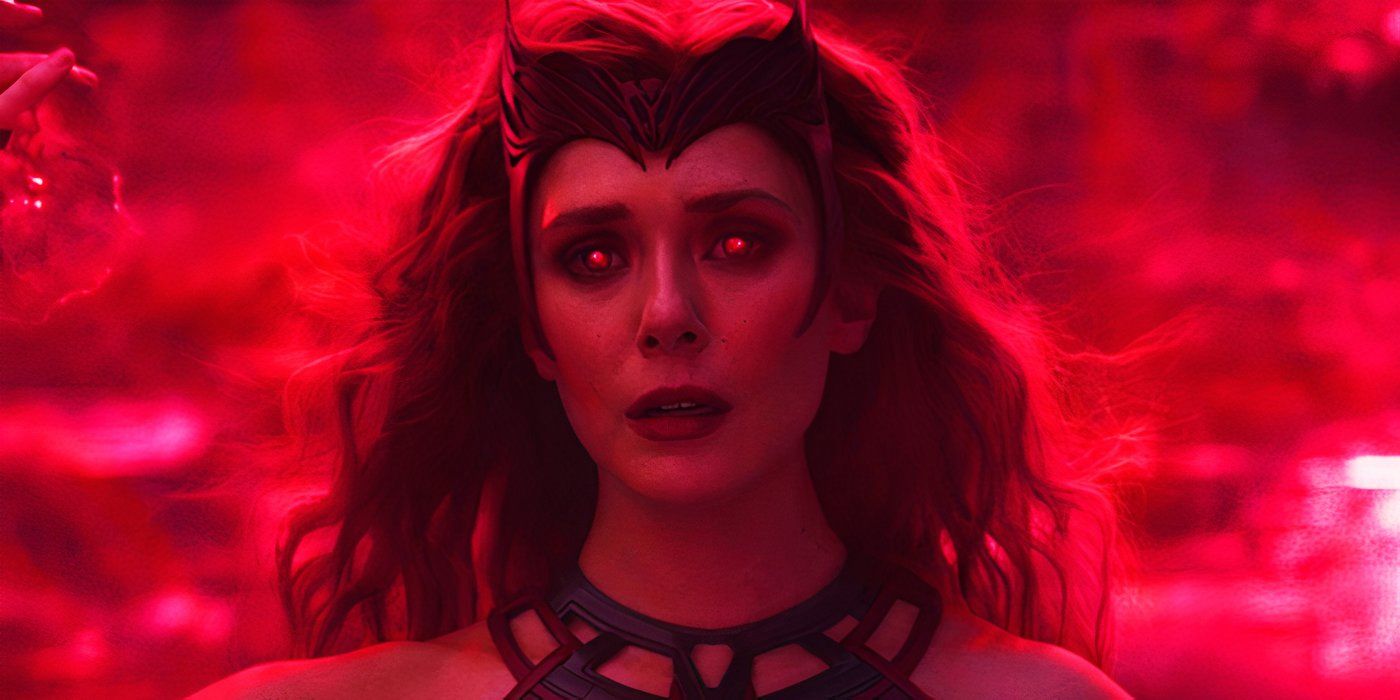
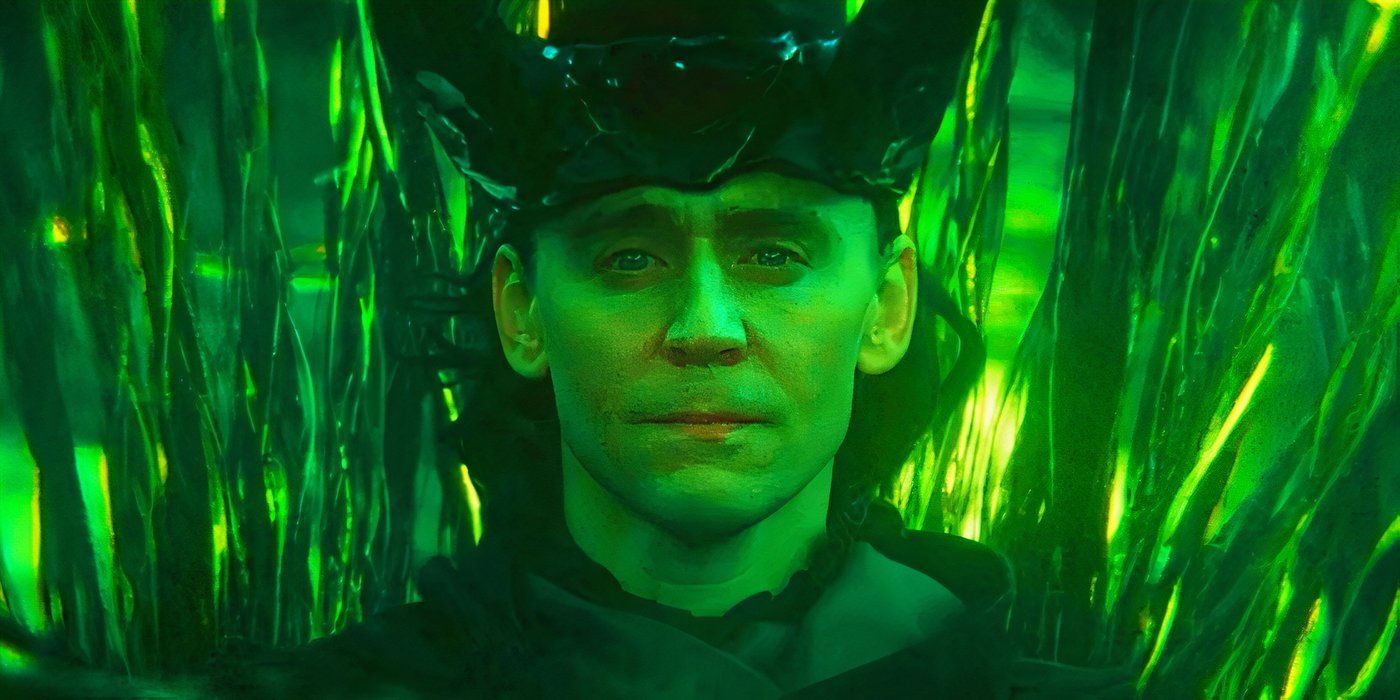
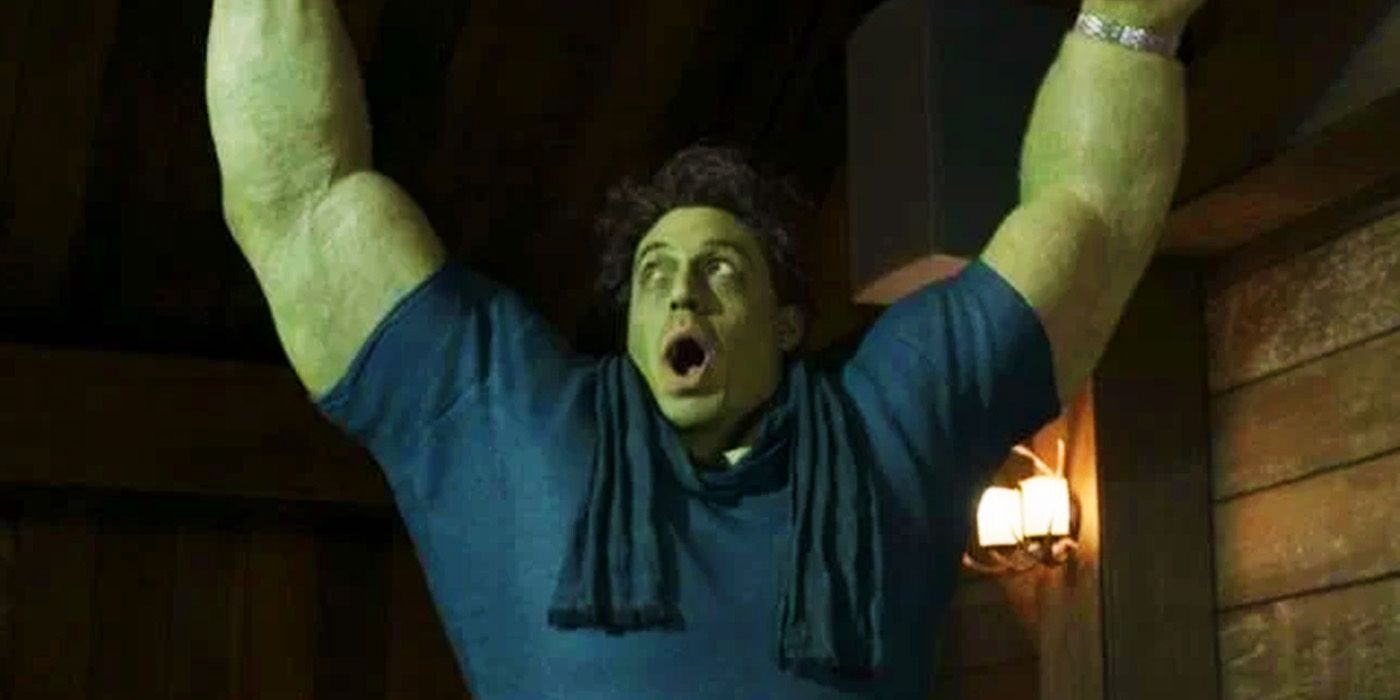






Nearly every MCU show ends with a bang. Even the prequel series to Agatha All Along (and the first show that officially joined the MCU’s main timeline), WandaVision, culminated in a multifaceted battle that Agatha herself was a part of. When no battles are necessary, such as in Loki, the series still ends with a mind-bending set piece like the encounter with He Who Remains at the Citadel at the End of Time and Loki taking his place as the God of Stories in seasons 1 and 2, respectively.
She-Hulk: Attorney at Law, meanwhile, indulged in a decidedly off-piste finale that saw Jennifer Walters break the fourth wall and warp the final sequence entirely. Nevertheless, it still involved a mass brawl between Hulks even if it was retconned moments later. The most action seen in Agatha All Along‘s finale was during Agatha’s effortless murder spree and Billy’s ultimately futile attempt to send her ghost into the afterlife, neither of which measure up to the battle with Death herself.
Lady Death is one of the most powerful entities introduced to the MCU and could never have been defeated by Agatha and Billy.
With that in mind, Agatha All Along felt more like a snapshot of Avengers: Endgame‘s multifaceted final sequence. The finale to the Infinity Saga spent 20 minutes ruminating on the effects of Thanos’ arch-villainy and the legacy of the lost heroes, just as the flashback sequence in Agatha All Along episode 9 did for Agatha. I’m just happy that it managed to stick the landing, with reviews now lavishing praise on the series for feeling like a breath of fresh air – something that Marvel could stand to consider in the future.
Agatha All Along Proves Marvel Needs To Break Their Own Traditions
Marvel Should Continue Making Bold Moves To Stay Fresh
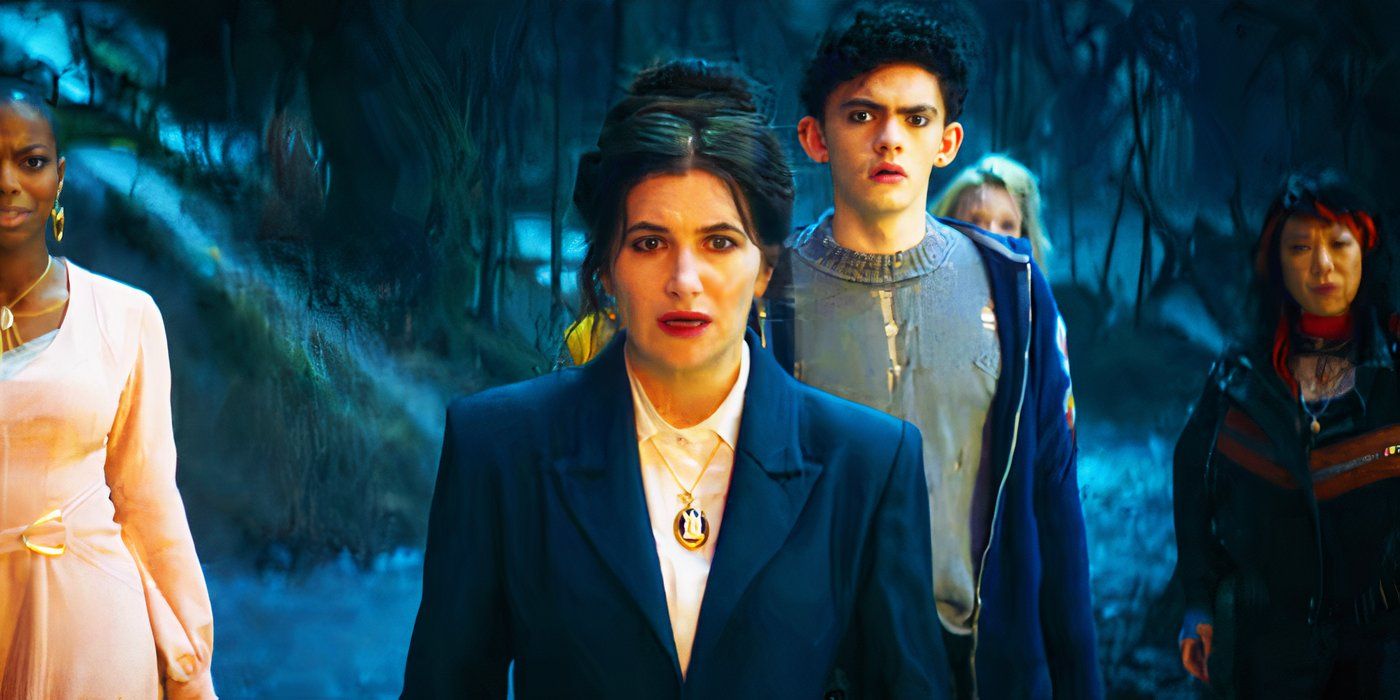
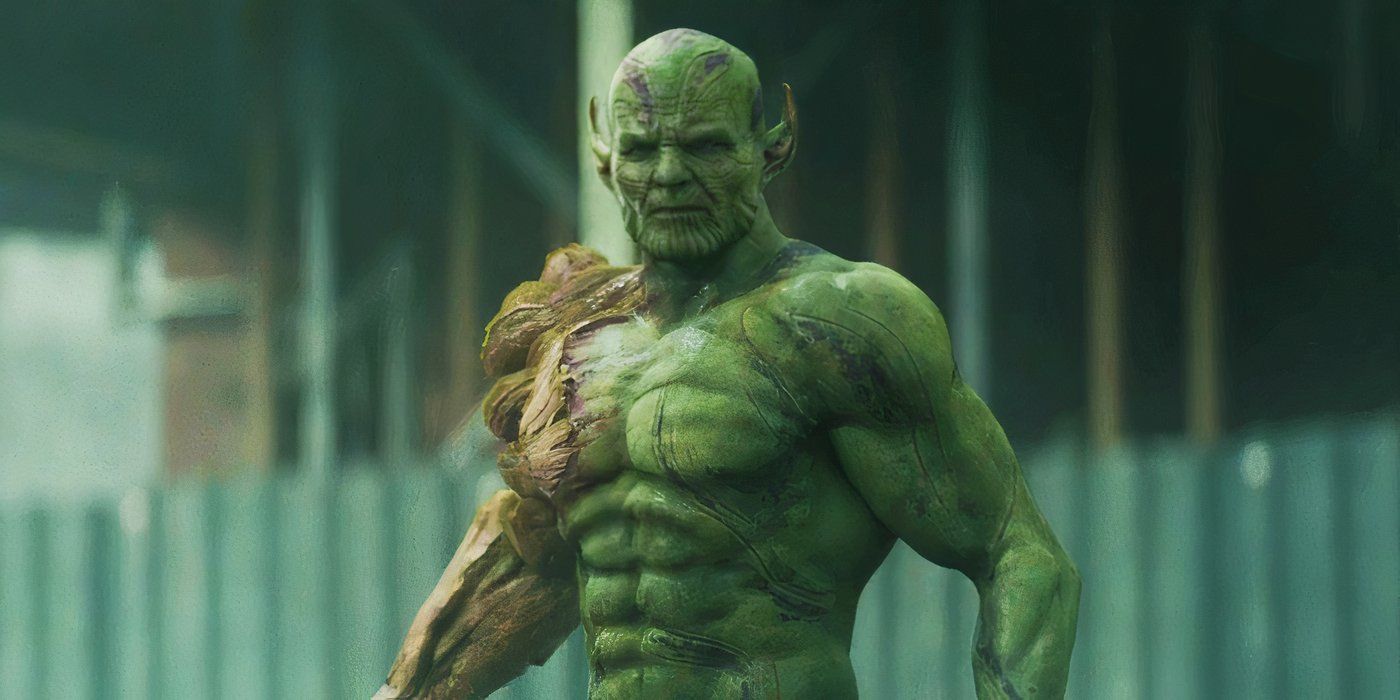
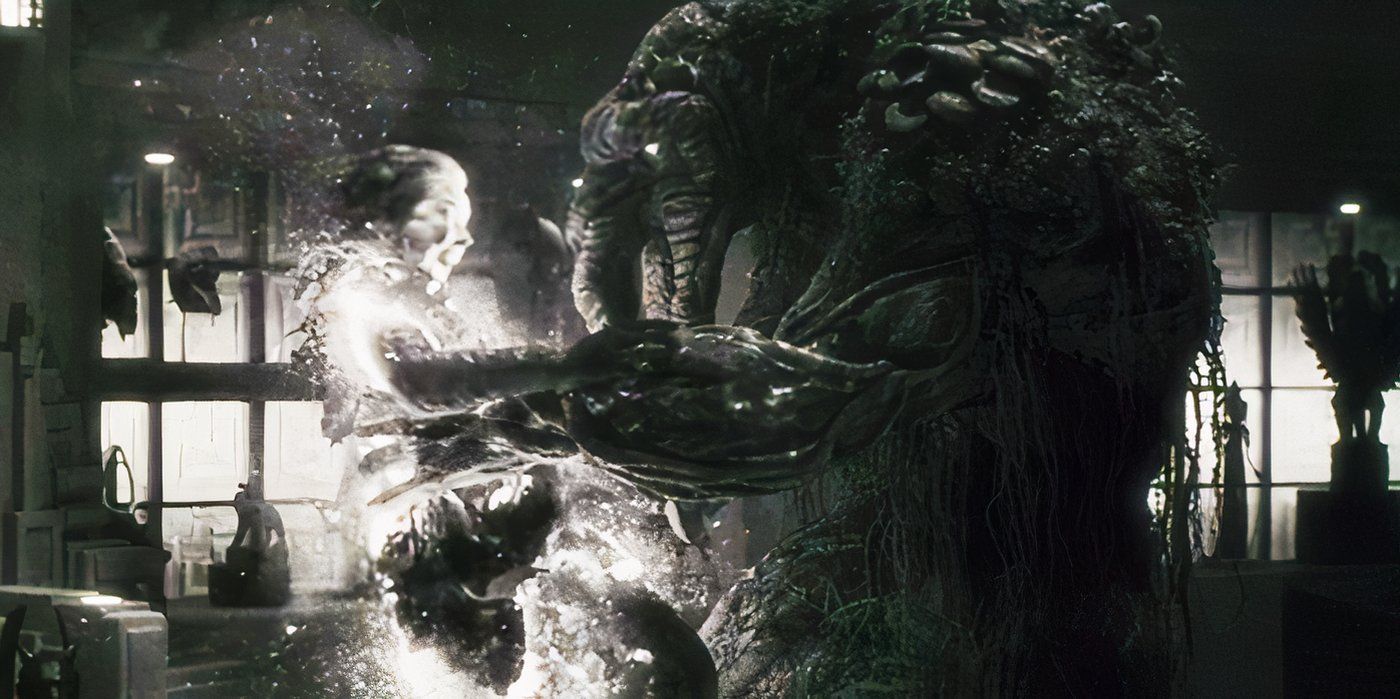
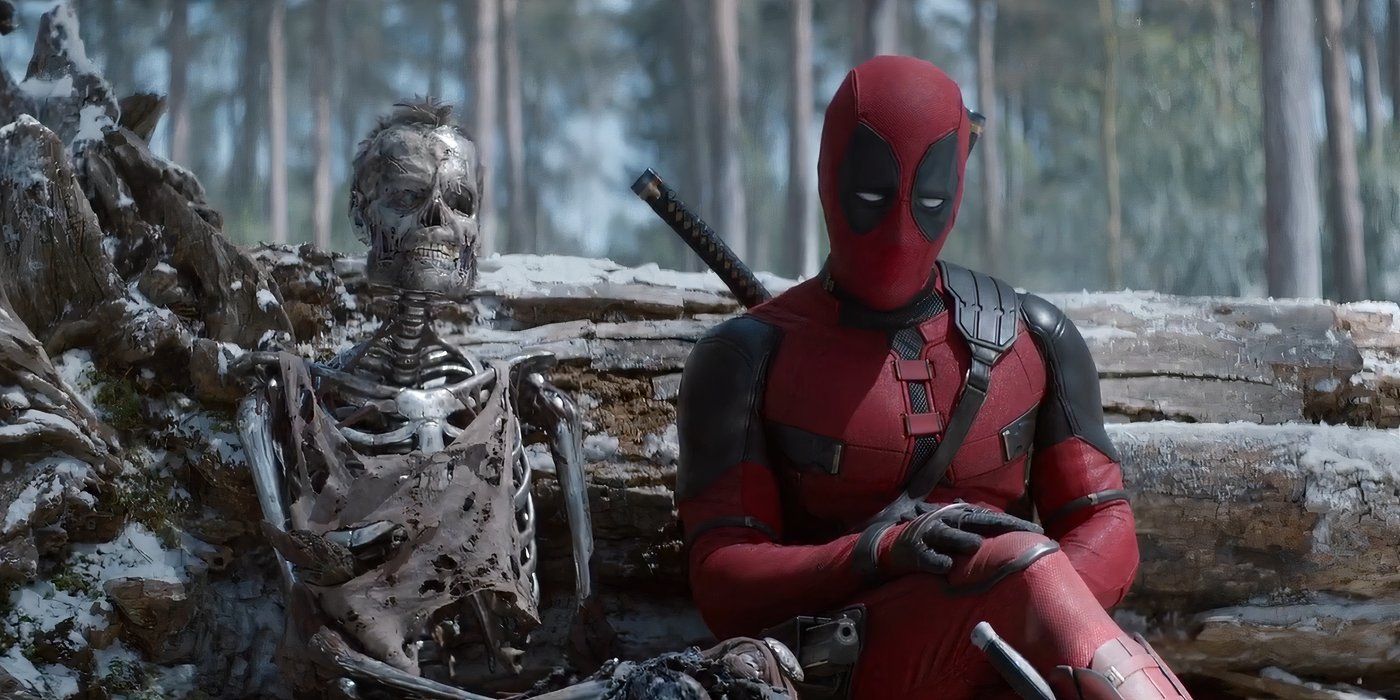




Over the last 16 years, the MCU has earned a reputation for relying on familiar tropes. I know I’m not alone in wishing Marvel Studios would take greater and more frequent risks, as many of those they have taken so far have paid dividends. Werewolf By Night, for instance, was a decidedly off-piste introduction for the titular character and his companion, Man-Thing. Most recently, Deadpool & Wolverine did not shy away from its R-rating and has now become the highest-grossing R-rated movie of all time.
Cookie-cutter productions like Secret Invasion, however, show how Marvel’s traditional approach is now ironically riskier.
Cookie-cutter productions like Secret Invasion, however, show how Marvel’s traditional approach is now ironically riskier. Its own finale flew in the face of the tone that the series was trying to strike as a spy thriller, culminating in a CGI-heavy fight between two equally matched adversaries with a litany of superpowers. Agatha All Along, by comparison, owned its tone throughout and provided a much more compelling narrative on a much smaller budget. In short, Marvel, I’d love to see more of this.





